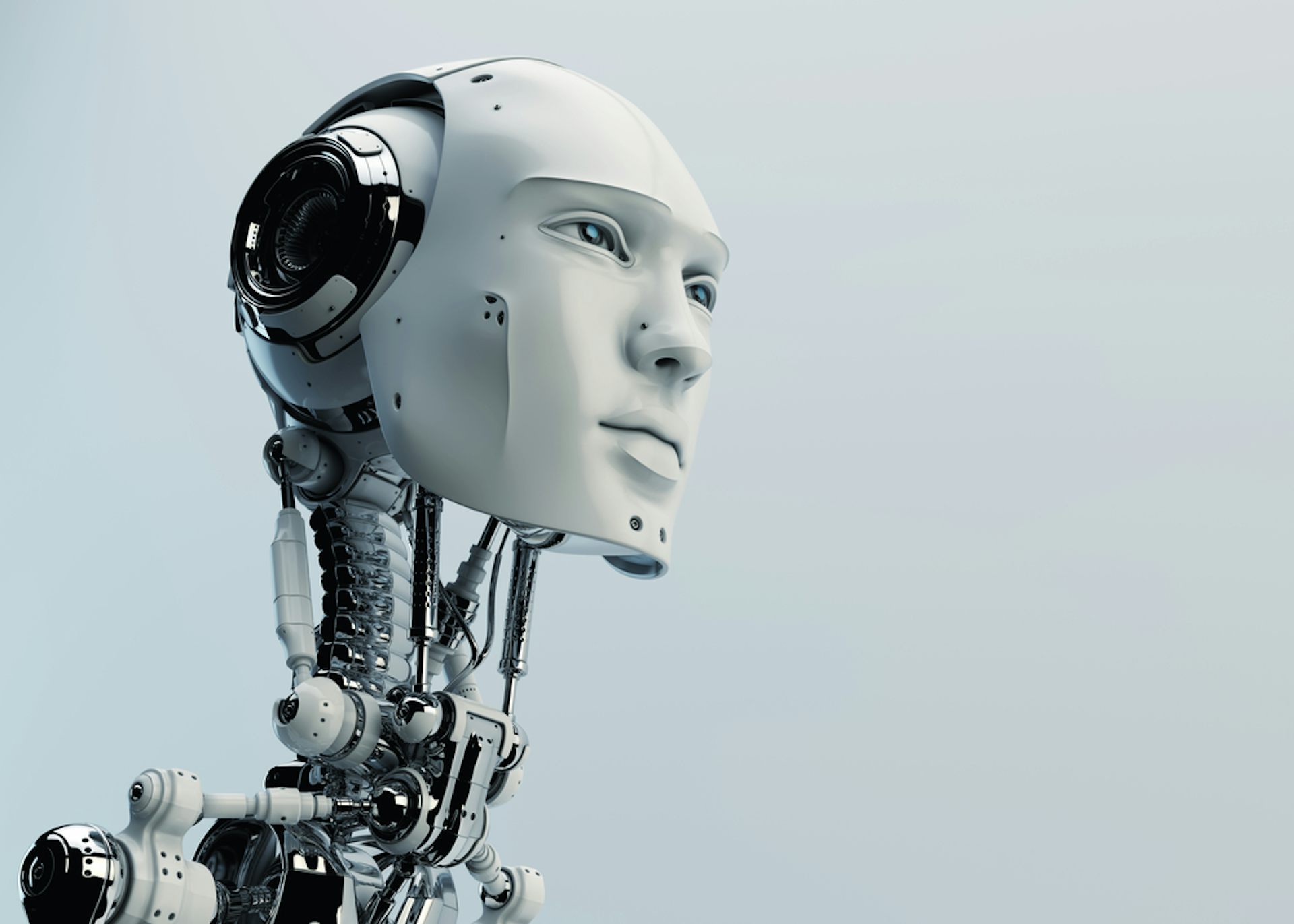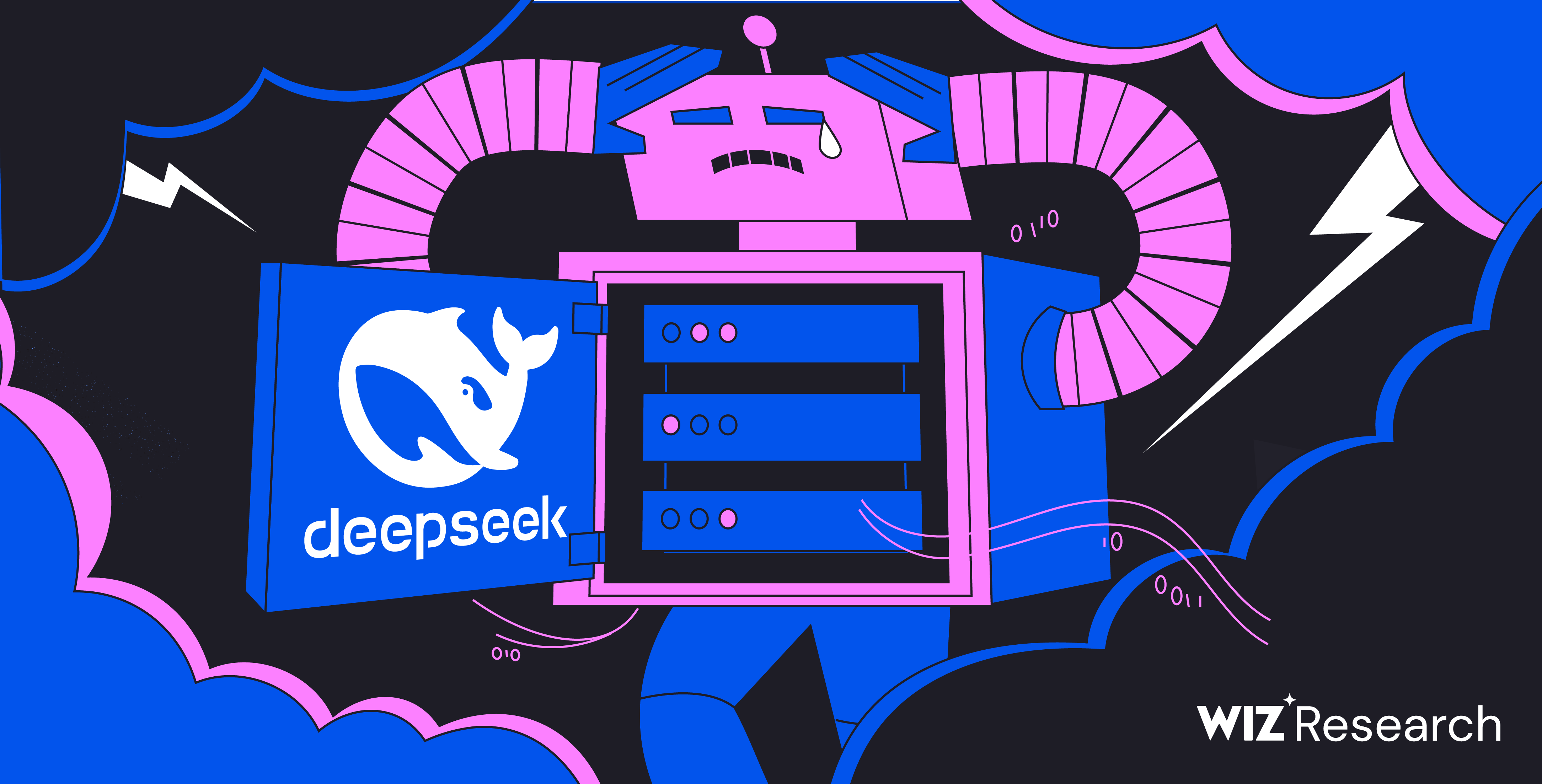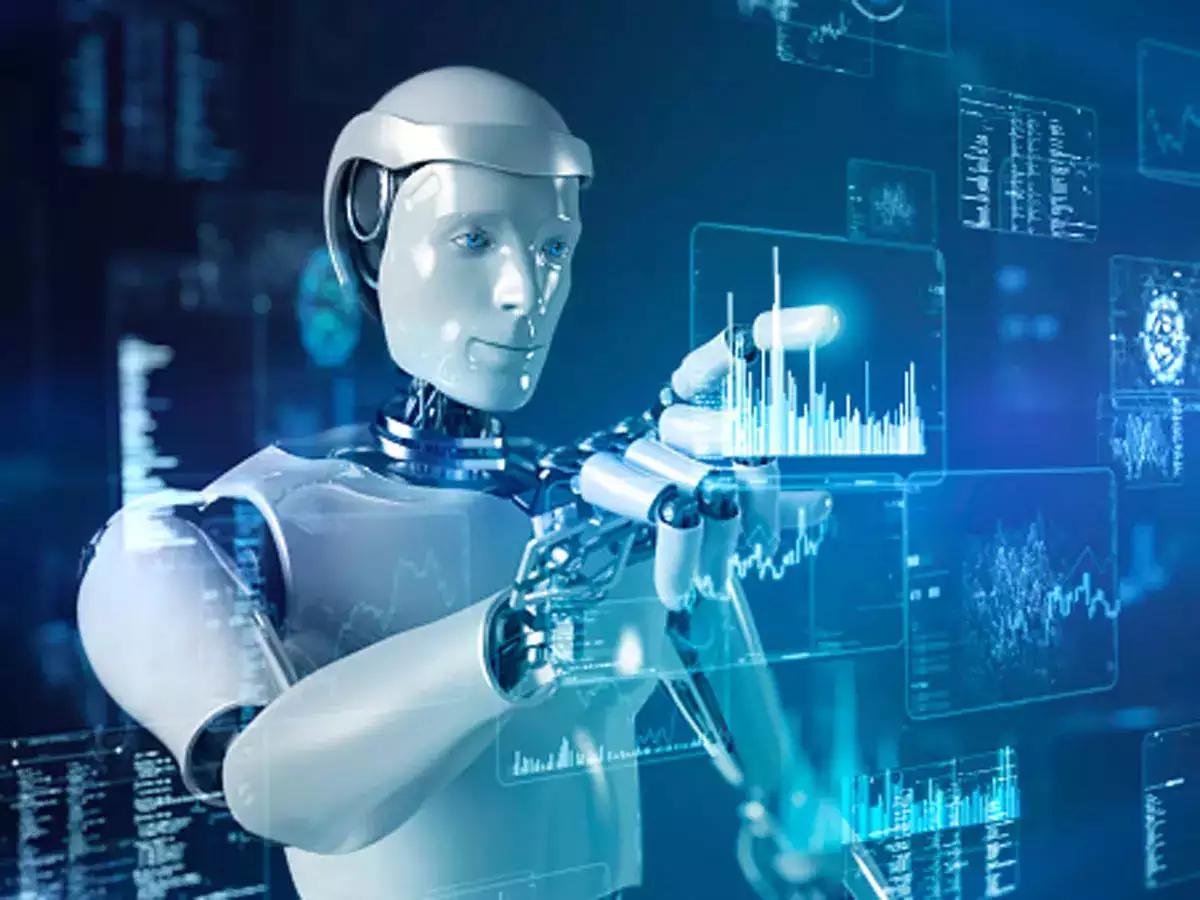Richard Whittle gets funding from the ESRC, Research England and was the recipient of a CAPE Fellowship.

Stuart Mills does not work for, speak with, own shares in or get funding from any business or organisation that would benefit from this short article, and has actually revealed no relevant associations beyond their academic appointment.

Partners
University of Salford and University of Leeds offer financing as establishing partners of The Conversation UK.
View all partners
Before January 27 2025, it's fair to state that Chinese tech company DeepSeek was flying under the radar. And then it came drastically into view.
Suddenly, everybody was talking about it - not least the shareholders and executives at US tech companies like Nvidia, Microsoft and Google, which all saw their company values tumble thanks to the success of this AI start-up research study laboratory.
Founded by a successful Chinese hedge fund manager, the laboratory has actually taken a various method to expert system. Among the significant distinctions is expense.
The advancement expenses for Open AI's ChatGPT-4 were stated to be in excess of US$ 100 million (₤ 81 million). DeepSeek's R1 design - which is used to produce material, resolve reasoning problems and create computer system code - was supposedly used much less, less effective computer chips than the likes of GPT-4, leading to costs declared (but unverified) to be as low as US$ 6 million.
This has both financial and geopolitical impacts. China undergoes US sanctions on importing the most advanced computer chips. But the reality that a Chinese start-up has actually been able to construct such an advanced design raises concerns about the efficiency of these sanctions, and whether Chinese innovators can work around them.
The timing of DeepSeek's new release on January 20, as Donald Trump was being sworn in as president, indicated an obstacle to US dominance in AI. Trump reacted by explaining the moment as a "wake-up call".
From a monetary point of view, the most obvious impact might be on consumers. Unlike competitors such as OpenAI, which recently started charging US$ 200 each month for access to their premium designs, DeepSeek's similar tools are presently free. They are also "open source", allowing anybody to poke around in the code and reconfigure things as they wish.
Low costs of advancement and effective use of hardware seem to have afforded DeepSeek this cost advantage, and have already required some Chinese competitors to reduce their costs. Consumers should prepare for lower expenses from other AI services too.
Artificial investment
Longer term - which, in the AI industry, can still be remarkably soon - the success of DeepSeek could have a big effect on AI investment.
This is since up until now, nearly all of the big AI companies - OpenAI, utahsyardsale.com Meta, Google - have actually been having a hard time to commercialise their models and be profitable.
Until now, this was not always an issue. Companies like Twitter and Uber went years without making earnings, prioritising a commanding market share (great deals of users) rather.
And business like OpenAI have actually been doing the same. In exchange for continuous financial investment from hedge funds and other organisations, they assure to develop even more effective designs.
These models, the business pitch most likely goes, will enormously improve performance and then success for wiki.fablabbcn.org businesses, which will wind up happy to spend for AI products. In the mean time, all the tech business require to do is gather more data, buy more effective chips (and more of them), and establish their designs for longer.
But this costs a lot of cash.
Nvidia's Blackwell chip - the world's most powerful AI chip to date - costs around US$ 40,000 per unit, and AI business often need 10s of countless them. But up to now, AI companies have not truly struggled to draw in the required investment, even if the amounts are substantial.
DeepSeek may change all this.
By showing that innovations with existing (and maybe less sophisticated) hardware can achieve similar performance, it has actually given a caution that tossing money at AI is not ensured to pay off.
For example, prior to January 20, it may have been presumed that the most sophisticated AI designs require massive data centres and other facilities. This meant the likes of Google, Microsoft and OpenAI would deal with limited competitors since of the high barriers (the vast cost) to enter this industry.
Money worries

But if those barriers to entry are much lower than everyone thinks - as DeepSeek's success suggests - then lots of huge AI financial investments all of a sudden look a lot riskier. Hence the abrupt effect on huge tech share rates.
Shares in chipmaker Nvidia fell by around 17% and ASML, which develops the devices needed to make advanced chips, likewise saw its share rate fall. (While there has been a slight bounceback in Nvidia's stock price, it appears to have settled below its previous highs, reflecting a brand-new market reality.)
Nvidia and ASML are "pick-and-shovel" companies that make the tools essential to develop an item, rather than the product itself. (The term comes from the concept that in a goldrush, the only individual ensured to earn money is the one selling the choices and shovels.)
The "shovels" they offer are chips and chip-making equipment. The fall in their share rates originated from the sense that if DeepSeek's more affordable approach works, the billions of dollars of future sales that investors have priced into these business might not materialise.
For the likes of Microsoft, Google and Meta (OpenAI is not openly traded), the cost of building advanced AI may now have fallen, suggesting these companies will have to spend less to remain competitive. That, for them, might be an advantage.
But there is now doubt regarding whether these companies can effectively monetise their AI programs.

US stocks make up a historically large portion of global investment today, and innovation business comprise a traditionally large portion of the value of the US stock market. Losses in this industry may force investors to sell off other financial investments to cover their losses in tech, leading to a whole-market recession.
And it shouldn't have come as a surprise. In 2023, a dripped Google memo alerted that the AI market was exposed to outsider interruption. The memo argued that AI business "had no moat" - no defense - against rival designs. DeepSeek's success might be the proof that this holds true.









